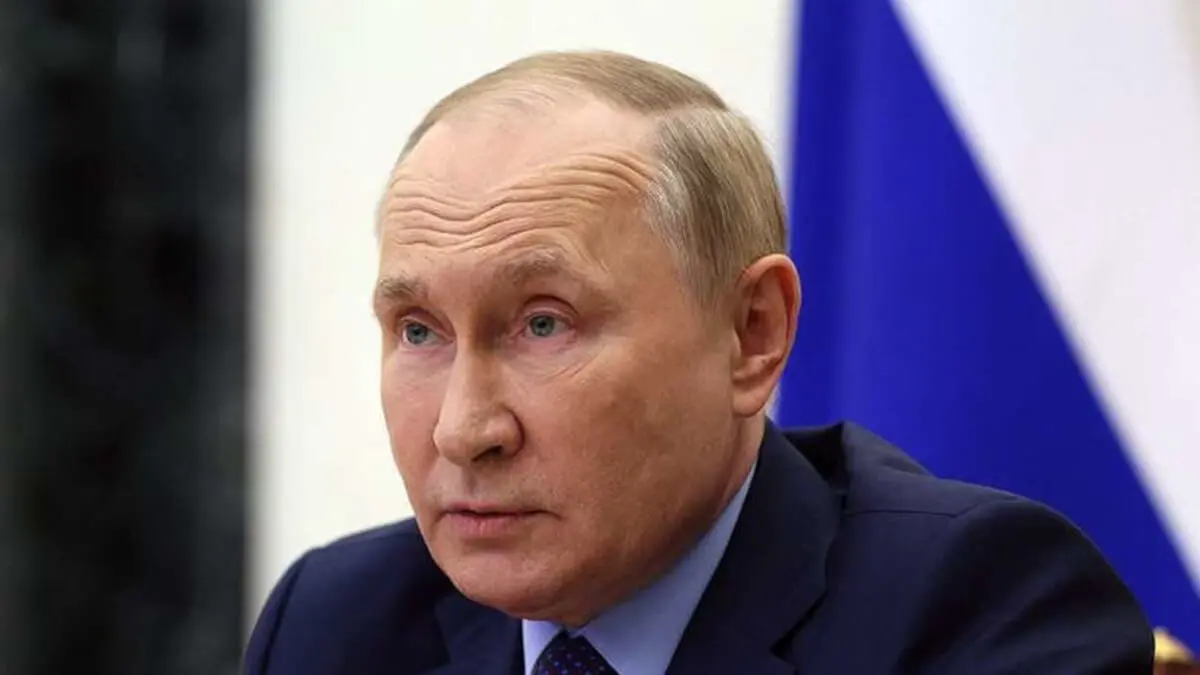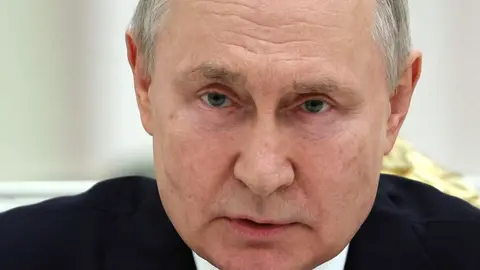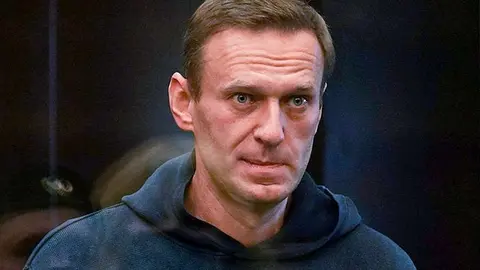Putin's deadly challenge

Vladimir Putin is responsible for the death of Alexei Navalni. It is not a question of passing a judicial sentence that does not belong to us. It is not about attributing a death without the corresponding evidence.
Whatever the cause of death of the opposition leader who was most capable of making the former head of the Soviet KGB a little nervous, the persecution suffered by the lawyer who decided to return to his homeland, even though he knew the serious risk to his life, has had a relentless Kremlin instigator.
If he had any modesty, Putin would have taken all necessary measures to preserve the life of his political opponent. But he did not. The decision was to imprison him in one of Russia's prisons with the harshest living conditions, where the most dangerous convicts are held.
We will see to whom they place the death of a symbol that will haunt for some time a leader who is assured of re-election in the pantomime of presidential elections called for next March. Only three puppets have been prepared to present their candidacy to dress up in what will be a montage of Putin's 78 years of age to serve another term in office until 2030.
In these circumstances, the question anyone can ask is to what extent the cascade of international condemnation of Navalni's death or assassination can matter to the Russian president. Domestically, the Russian government has tightened already very repressive laws against acts of opposition. More than 100 people have been arrested for laying flowers and paying tribute to a political leader who survived poisoning thanks to his transfer to Germany and treatment by doctors. His return to mother Russia meant his imprisonment with a string of sentences that, in the end, he was not even allowed to serve.
At the Munich Security Conference, the tragic news was received with a high degree of indignation and as a deadly challenge from the Kremlin to those in Europe and the United States who are not yet fully convinced of the aggressive intentions of a Putin who acts with impunity without having to answer to a public opinion that is largely manipulated by propaganda and fear.
Ukraine's President Volodymyr Zelensky spoke directly of assassination while announcing the withdrawal from Avdiivka, a key town in the Donbas. And he called for continued economic aid and essential military support from the US and Europe to counter Putin's ambitions. The UK, Germany and France have signed bilateral cooperation agreements with Ukraine. In Spain, the progressive ultra-left coalition government is not known to be considering this.



